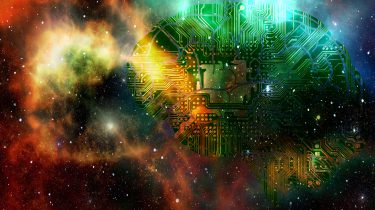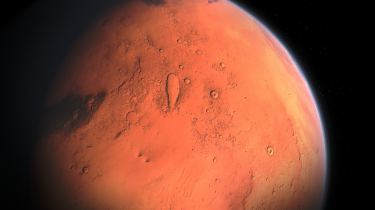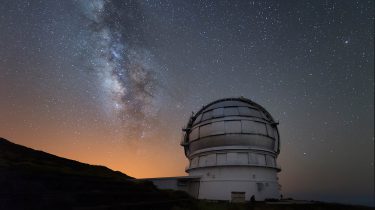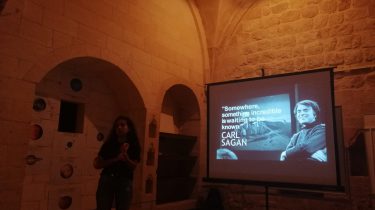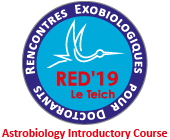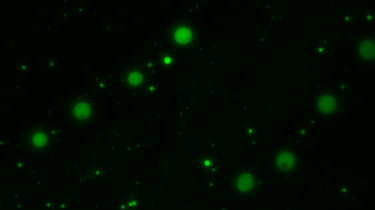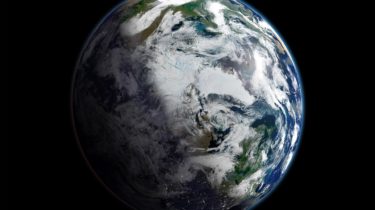BMSIS Scientist and NASA Take a Cue from Silicon Valley to Hatch Artificial Intelligence Technologies
Could the same computer algorithms that teach autonomous cars to drive safely help identify nearby asteroids or discover life in the universe? NASA scientists are trying to figure that out by partnering with pioneers in artificial intelligence (AI) — companies such as Intel, IBM and Google — to apply advanced computer algorithms to problems in space science. Machine learning is a type of AI. It describes the most widely used algorithms and other tools that allow computers to learn from […]
Read more
